Inside the Classroom
A Gallery of Stories about MIT SHASS classes and students
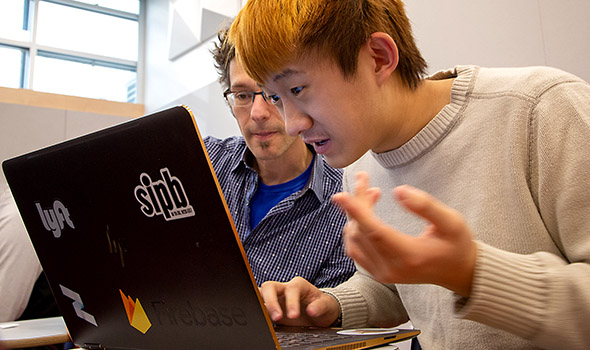
Professor of the Practice Eran Egozy (Left) with a student in the Music Technology Class
100% of MIT undergraduates study the humanities, arts, and social sciences — and our graduate students earn masters and doctoral degrees in seven world-class fields.
MIT's SHASS fields are vital to solving the societal, political, and economic dimensions of the world’s most urgent problems. They also help students shape successful careers — and lives that are rich in meaning and wisdom.
In the SHASS fields, MIT providea opportunities for our multi-dimensional students to explore, to cultivate talents, to delve into special affinities for, say, speculative fiction, music tech, composing, or performance, ethics, logic, the ancient world, justice, theater arts, policy-making — or dozens of other explorations.
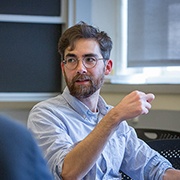
IN THE CLASSROOM
The philosophical side of cinema
MIT students examine movies, art, and ethics from both the producer and audience perspectives
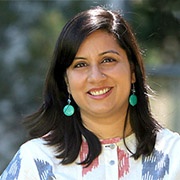
IN THE CLASSROOM | ON CULTURE
History Lab: 21H.S04
History class led by Associate Professor Sana Aiyar delves into South Asian experience at MIT via oral histories and the Institute Archives / Distinctive Collections
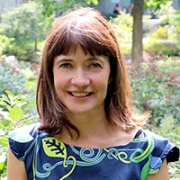
SOLVING CLIMATE
Expanding imagination for a livable future
A conversation with MIT anthropologist Bettina Stoetzer about shaping a livable future, her new book, and her MIT class on "Gender, Race, and Environmental Justice."

INNOVATION | DIGITAL HUMANITIES
The Sound of a Sunset
The MIT Digital Humanities Lab unveils its Sonification Toolkit. Created by MIT students in the Digital Humanities Lab, the Toolkit is a set of digital tools that enable conversion of almost anything — from data to drawings — into sound that is aesthetically satisfying and analytically illuminating.
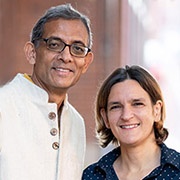
INSIDE THE CLASSROOM
The power of economics to explain and shape the world
In 14.009, a first-year class taught by Nobel laureates, MIT students discover how economics helps solve major societal problems.

PANDEMIC
Webinar Series | History of Now: Plagues & Pandemics
In the spring of 2020, as people around the world confronted the daily reality of the Covid-19 pandemic, many wondered how previous generations navigated similar crises. At MIT, an interdisciplinary team of humanistic faculty explored this question in a course that broke ground as a live, free MIT class, held in an open public webinar format so that anyone who wanted to attend could do so, from anywhere in the world.

IN THE CLASSROOM
Inhabiting Science Fiction
Students in 21L.434 / "21st Century Science Fiction," taught by Assistant Professor Laura Finch, discover that the world-building of science fiction is not only a way to envision possible futures, but a powerful way to think about the world we currently inhabit.

IN THE CLASSROOM | PANDEMIC
For the pandemic, MIT History opens a course to the public via a free, live webinar format.
Hundreds from around the world responded to the opportunity and joined MIT students in the weekly class, "History of Now: Plagues and Pandemic." The experimental webinar format also greatly expanded the scope of expertise available to students, bringing in speakers from fields ranging from microbial biology to economics.
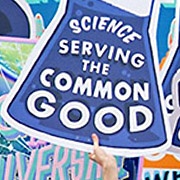
INSIDE THE CLASSROOM
Scientists as engaged citizens
In a new intersectional class from MIT Women's and Gender Studies, (WGS.160/STS.021) students explore how STEM researchers bring their knowledge to bear on behalf of major societal and global issues.
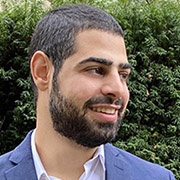
MEET OUR STUDENTS
Profile | Nasir Almasri '21
Political science PhD candidate studies conflicts that emerge at the intersection of politics and religious traditions, with a focus on humanizing those involved.
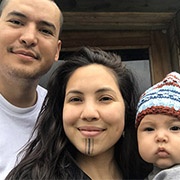
MIT INDIGENOUS LANGUAGE INITIATIVE
Saving Iñupiaq: Annauk Denise Olin
Olin, a graduate student in linguistics, is working to help her Alaska Native community preserve their language and navigate the severe impacts of climate change on their coastal village.

IN THE CLASSROOM
Course Profile: Data and Society
A new course in the Computing and Society Concentration, taught by Eden Medina and Sarah Williams, engages MIT students in the ethics and societal implications of data.
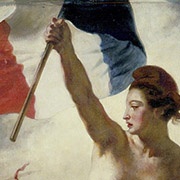
INSIDE THE CLASSROOM
How to Stage a Revolution: History 21H.001
MIT history class explores the roots and complexities of revolutions across the globe. From early printing presses to changing fuel sources to the reach of global social media, the technological contexts of revolutions are intrinsic to understanding them.
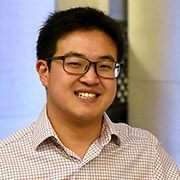
MEET OUR DOCTORAL STUDENTS
Meet Timothy Loh, doctoral student in the MIT HASTS program
“MIT is the best place to be an anthropologist studying issues of science and technology. It’s a place where we’re able to think deeply and critically about how scientific knowledge and authority is constructed."
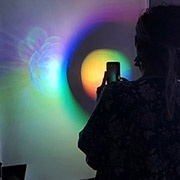
INSIDE THE CLASSROOM
The Technology of Enchantment
In a new Anthropology + Studio Art maker class, MIT students investigate the human dimensions of interacting with technologies.
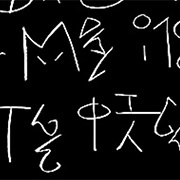
INSIDE THE CLASSROOM
How to Construct a Language | Linguistics 24.917
MIT students are inventing constructed languages — or "conlangs" — in a maker-class that uses linguistics, the science of language, to supply the necessary building blocks.
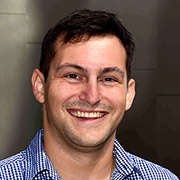
VOICES OF MIT SHASS GRADUATE STUDENTS
Meet Marc Aidinoff, PhD candidate
"What does it mean when civil rights become about access to computers and the Internet? When lack of Internet access is considered a form of poverty? These questions were getting under my skin. I wanted to know how social and economic policy were tied to changing ideas about technology."
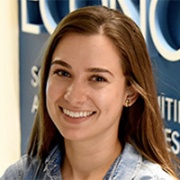
VOICES OF MIT SHASS GRADUATE STUDENTS
Meet Carolyn Stein: MIT Economics PhD student researches the economics of science
"Scientists are often motivated by factors other than wages, but many insights from labor economics still help us understand how the field of science functions."

Free, MIT Climate-Related Humanistic Course Materials at MIT OpenCourseWare
Understand and help solve the economic, social, and political dimensions of climate change. Explore climate-related courses from the MIT School of Humanities, Arts, and Social Sciences.
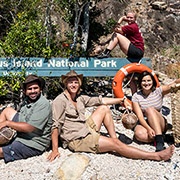
MISTI-Australia expands horizons, one adventure at a time
Exploring new cultures and conserve the Great Barrier Reef
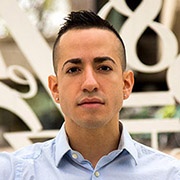
VOICES OF MIT SHASS GRADUATE STUDENTS
Communities in the Cloud
Anthropology PhD student Steven Gonzalez studies the Cloud from within.
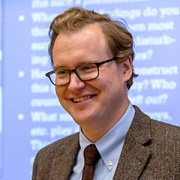
INSIDE THE CLASSROOM
Beyond numbers
In STS.047 ("Quantifying People"), MIT students take a deep dive into data history — focusing on the history of the quest to understand human society scientifically.
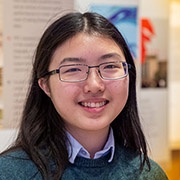
Picturing The Faerie Queene
Ivy Li '20 adapts Edmund Spenser's epic poem into a graphic comic.

INSIDE THE CLASSROOM
Music technology accelerates at MIT
An increasingly popular program is drawing students eager to build — and use — the next generation of tools for making music.

INSIDE THE CLASSROOM
The moral calculus of climate change
In a mathy philosophy class, MIT students explore the risks, probable outcomes, and ethical implications of living in a warming world.
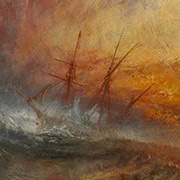
MAKING A JUST SOCIETY
MIT and the Legacy of Slavery Project
Stories, Videos, Community Dialogue
“I believe the work of this class is important to the present — and to the future. Something I have always loved about the MIT community is that we seek, and we face, facts. What can history teach us now, as we work to invent the future? How can we make sure that the technologies we invent will contribute to making a better world for all?" — L. Rafael Reif, President of MIT
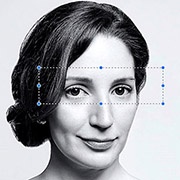
INSIDE THE CLASSROOM
Hacking virtual reality | CMS.339
Contributing to a culture of pioneers, MIT students in "Virtual Reality and Immersive Media Production" explore the technical, philosophical, and artful dimensions of VR.
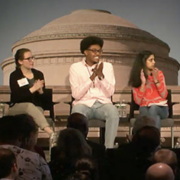
RESEARCH | 21st C. CITIZENSHIP
Institute community explores initial findings from “MIT and Slavery” class.
Students in an undergraduate research course bring the Institute into national conversation about universities and the legacy of slavery. “I believe the work of this class is important to the present — and to the future,” says MIT President L. Rafael Reif. “What can history teach us now, as we work to invent the future? How can we make sure that the technologies we invent will indeed contribute to making a better world for all?"
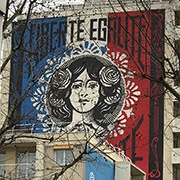
Outstanding MIT students of French explore "Paris et la rue"
With Professor Bruno Perreau and local expert guides, MIT students discover behind-the-scenes Paris and the city’s storied streets during the 2018 January Scholars in France program.
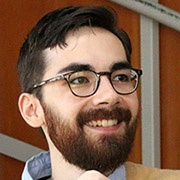
CITIZENSHIP | IMPACT OF LANGUAGE
Applying philosophy for a better democracy
In a new philosophy class, MIT students explore how language affects censorship, dissent, lies, and propaganda.